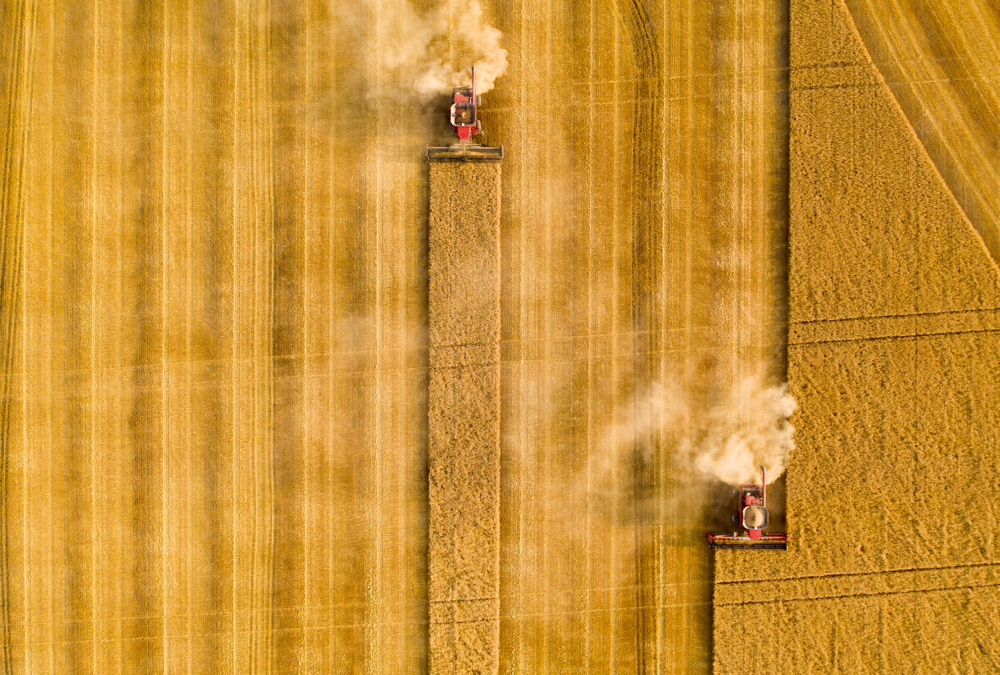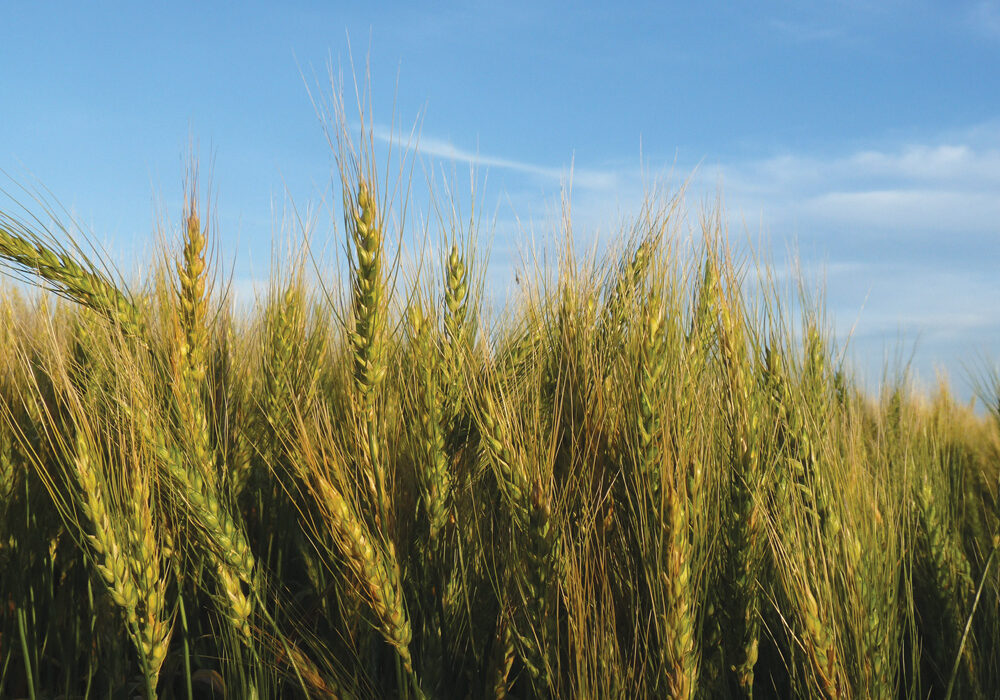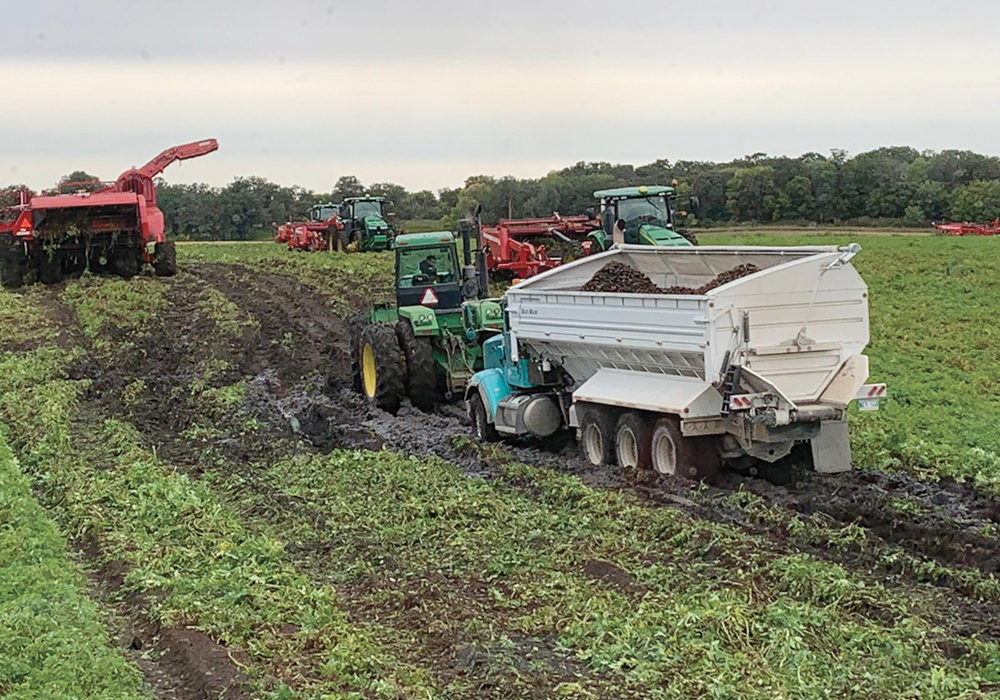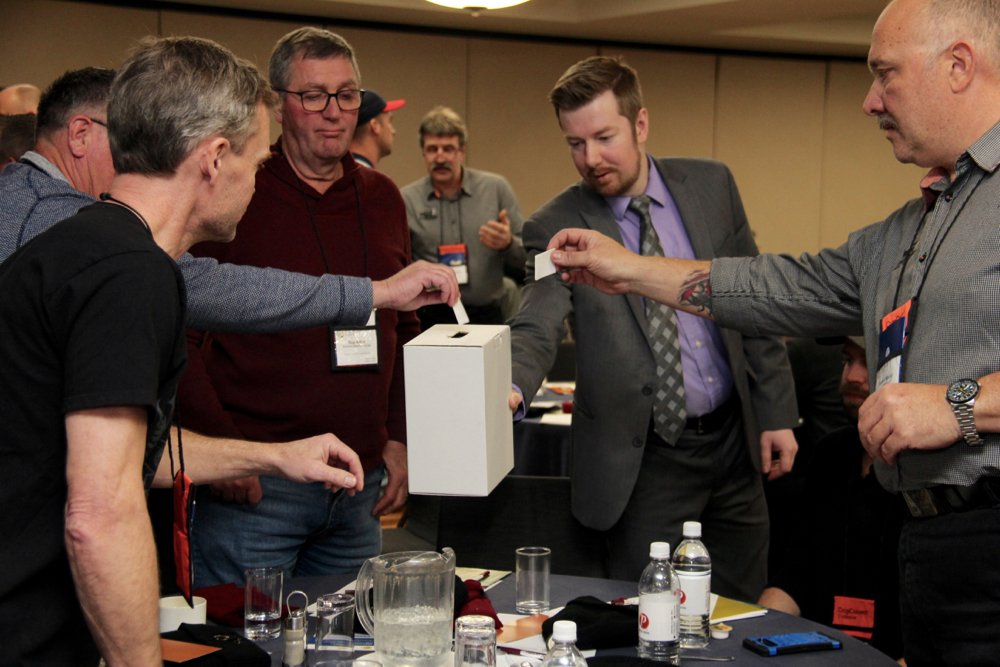Ten years after its formation, Grain Farmers of Ontario says amalgamation equipped it to navigate an increasingly complex sector.
“The agriculture industry is expanding in areas and contracting in other areas,” writes CEO Barry Senft in a 10th-anniversary edition of Ontario Grain Farmer magazine.
“The public interest in agriculture has increased beyond what anyone could have imagined and government agendas are becoming more challenging to navigate… This organization has the ability to make sense of all the issues and opportunities and churn out the best results,” writes Senft.
Read Also
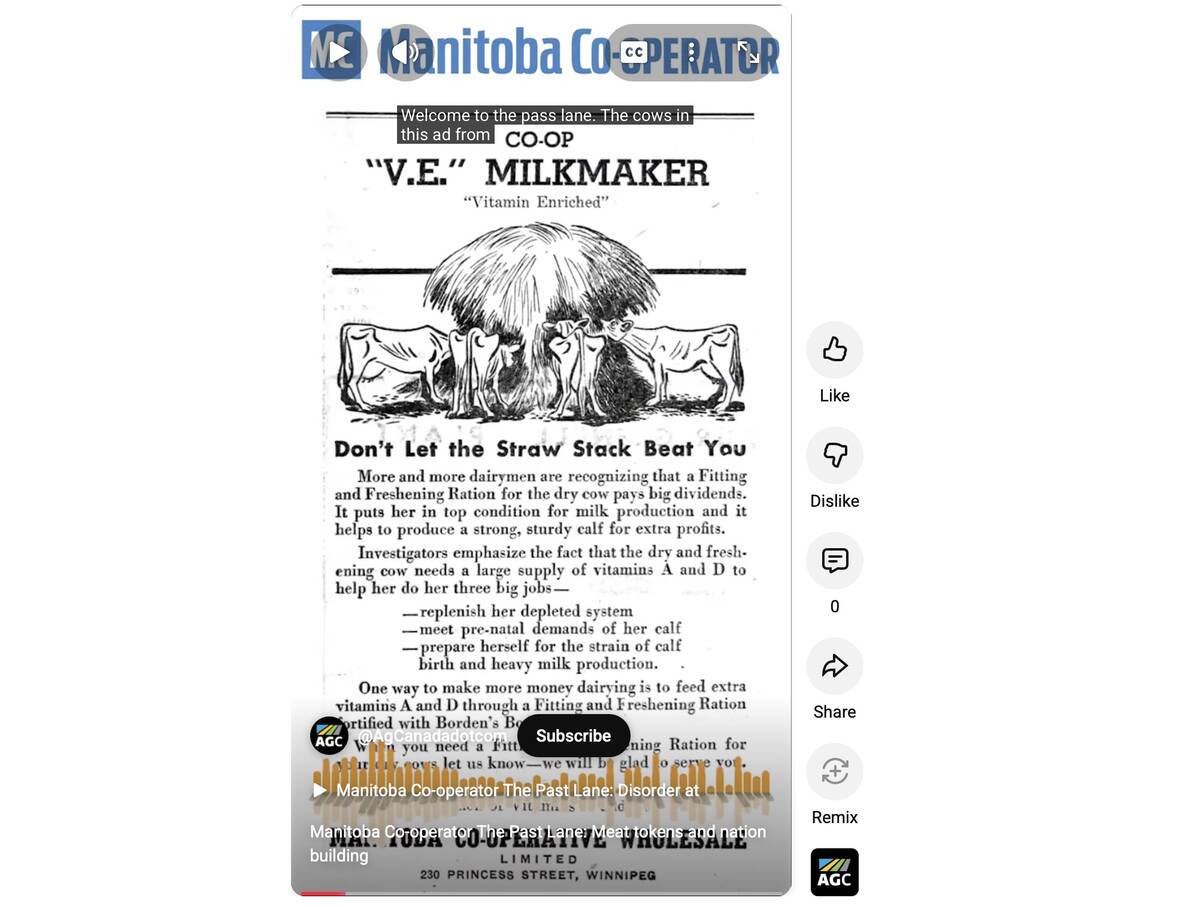
VIDEO: Manitoba’s Past Lane – Jan. 31
Manitoba, 1946 — Post-war rations for both people and cows: The latest look back at over a century of the Manitoba Co-operator
GFO formed in 2010 when the Ontario Corn Producers, the Ontario Soybean Growers, and the Ontario Wheat Producers amalgamated. The Barley and Oats Council joined in 2015.
In 2004, the founding organizations passed resolutions signalling their desire to merge, GFO’s website says. After years of study and consultation, members voted in September 2008 with 72 per cent in favour of amalgamating.
Establishing a structure and regulations for the organization was difficult, writes Matt McIntosh in an article from that publication.
For instance, corn was self-regulated and not subject to marketing board requirements like wheat and soybeans were. Each organization also had different district structures which had to be realigned, writes McIntosh.
This meant meeting with producers all over the province to get their buy-in.
“I toured the province, I think every district, three times in one year,” said Leo Guilbeault in the article. He chaired the Soybean Growers board during the transition. “That was a lot of miles, but it was worth it in the end.”
Senft told the Manitoba Co-operator that a key concern among producers was loss of commodity identity.
“I thought we would be losing representation,” said farmer Joe Kerr in Ontario Grain Farmer. He saw many common issues between the commodities but thought there was still value in having three separate boards.
“If there were still three boards, one would likely push more on some things than others,” he said in the article. “In 10 years, we haven’t gained much in terms of government support.”
Senft said that among the producers, many were already growing more than one of the involved crops. While more money might go to soybeans than wheat sometimes, most farmers would still reap benefits.
In the same issue of Ontario Grain Farmer, producer Tom Dobson said he thought merging would give the organization a bigger voice.
“When it comes to dealing with the government, the bigger the hammer the better,” he said. “I thought we would have more strength together.”
The organization has the resources to deal with a wide variety of issues, Senft told the Co-operator.
On the whole, “opposition has all but dissipated,” Senft said. He said he doesn’t see hand-wringing at producer meetings.
When asked how he’d advise Manitoba producers, Senft said people need to ask if their organization can face future trials alone.
“Farmers need to think about how the farm organization is resourced to take on these challenges,” he said.



